Organic agriculture has witnessed a tremendous shift towards sustainability, and one crucial element driving this movement is the growing use of organic compost. Among the most effective types of organic compost is mushroom compost, known for its rich nutrient content and ability to improve soil health. The innovation of the Mushroom Compost Production Line is revolutionizing organic agriculture by making the production of this nutrient-dense compost more efficient and accessible for farmers around the world.
This article explores how the Mushroom Compost Production Line is transforming organic farming practices, enhancing sustainability, and boosting crop productivity.
The Importance of Mushroom Compost Production Line
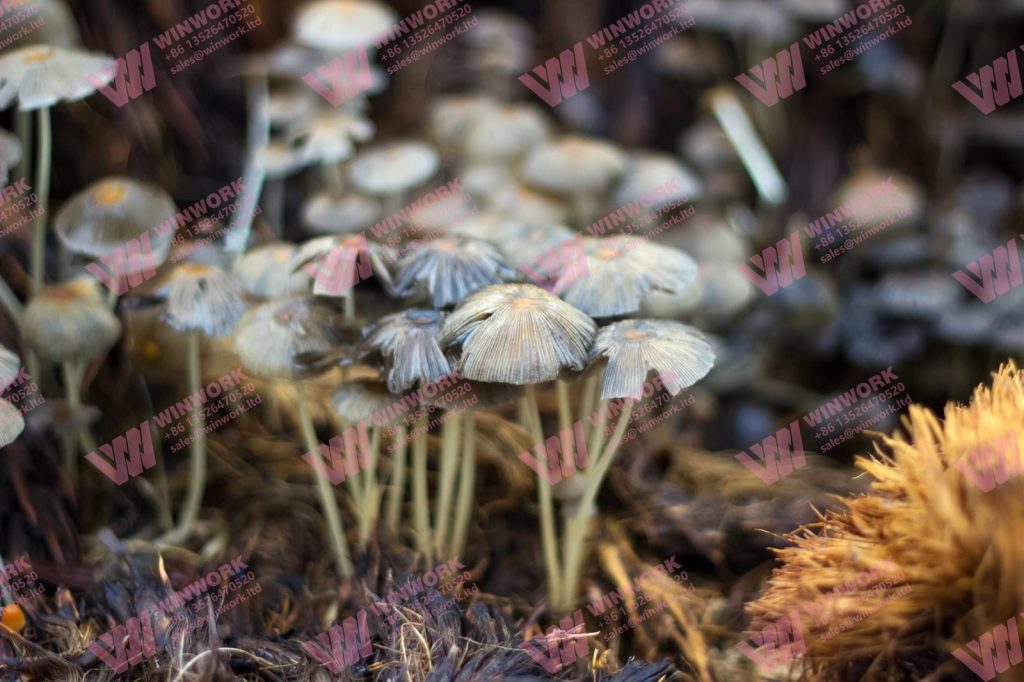
Mushroom compost, often made from a mixture of organic materials such as straw, poultry manure, and gypsum, is a by-product of mushroom farming. After mushrooms have been cultivated, the remaining compost is rich in essential nutrients like nitrogen, phosphorus, potassium, and beneficial microorganisms, making it an excellent soil amendment for various crops.
In organic farming, the use of mushroom compost supports natural soil fertility, reduces the need for chemical fertilizers, and enhances soil structure and water retention. The development of Mushroom Compost Production Lines enables large-scale production, allowing farmers to access this valuable resource and integrate it into their farming systems with ease.
Streamlining Compost Production with Technology
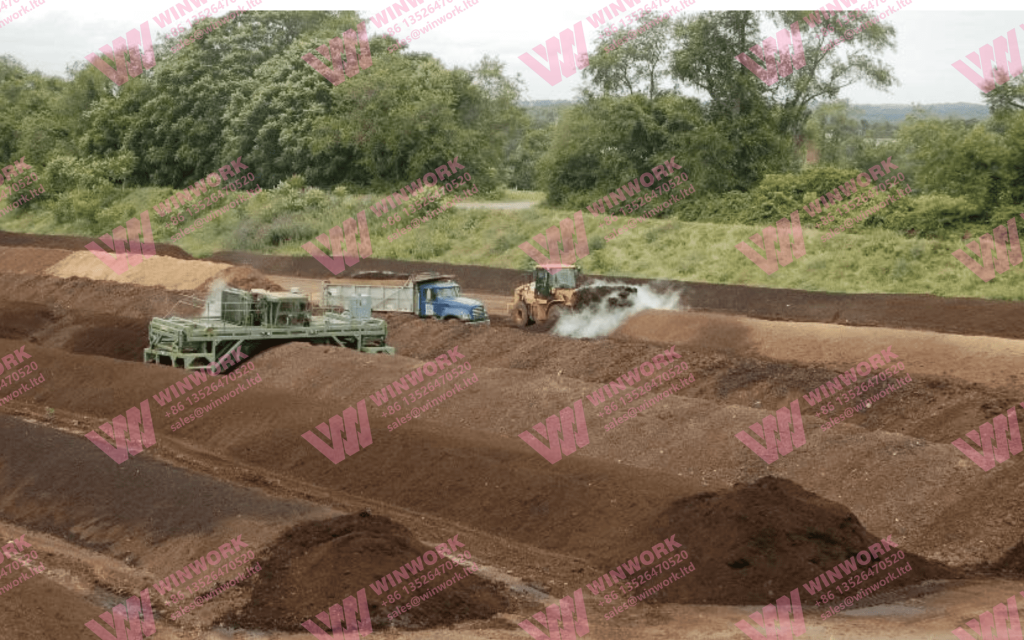
The advent of the Mushroom Compost Production Line has streamlined the entire composting process, making it faster, more efficient, and scalable. These production lines are equipped with advanced machinery that automates key steps such as material mixing, fermentation, and composting. As a result, the process of producing mushroom compost, which traditionally took weeks or even months, can now be completed in a fraction of the time.
Automation also ensures consistency in the quality of compost, with precise control over temperature, moisture, and aeration. This level of control produces high-quality compost that is uniform and reliable, which is essential for organic farming where soil health is paramount. The Mushroom Compost Production Line thus meets the growing demand for large-scale compost production while maintaining product quality.
Sustainable Farming with Organic Waste Recycling
One of the most significant advantages of using a Mushroom Compost Production Line is its role in recycling organic waste. Instead of relying on synthetic fertilizers, which can deplete soil nutrients and harm the environment, mushroom compost is produced using agricultural by-products and organic materials. This not only reduces waste but also turns organic matter into a valuable resource for farmers.
The production process often incorporates agricultural residues like straw, manure, and plant materials, which would otherwise contribute to waste. By converting these materials into compost through a Mushroom Compost Production Line, farms can close the nutrient cycle and promote a more sustainable and regenerative farming system. This approach is perfectly aligned with the goals of organic agriculture, which emphasizes the use of natural inputs and sustainable practices.
Enhancing Soil Health and Crop Yields
Healthy soil is the foundation of organic farming, and mushroom compost is an effective way to enhance soil quality. The compost enriches the soil with organic matter, improves its structure, and increases its capacity to retain water. This is particularly beneficial for crops grown in dry or sandy soils, where moisture retention is critical for plant growth.
Furthermore, mushroom compost is teeming with beneficial microorganisms that improve nutrient availability in the soil. These microbes help break down organic matter, releasing nutrients that are easily absorbed by plants. When used in combination with other organic farming practices, mushroom compost promotes strong root systems, healthier plants, and higher crop yields. Thanks to the Mushroom Compost Production Line, farmers can produce large quantities of this valuable compost and apply it across their fields to boost agricultural output.
Reducing the Carbon Footprint of Organic Farms
The use of Mushroom Compost Production Lines also helps organic farms reduce their carbon footprint. By producing compost on-site or sourcing it locally, farms can minimize the transportation of fertilizers, which often involves significant carbon emissions. Additionally, the process of composting organic materials helps sequester carbon in the soil, preventing it from being released into the atmosphere as greenhouse gases.
The composting process itself, when managed properly in a production line, can be a carbon-neutral or even carbon-negative activity. Aerobic composting, a method employed in many Mushroom Compost Production Lines, ensures that the decomposition process does not produce methane, a potent greenhouse gas associated with anaerobic decomposition. This contributes to the overall sustainability of the farming operation, making mushroom compost a key player in the fight against climate change.
Customizable Solutions for Different Farming Needs
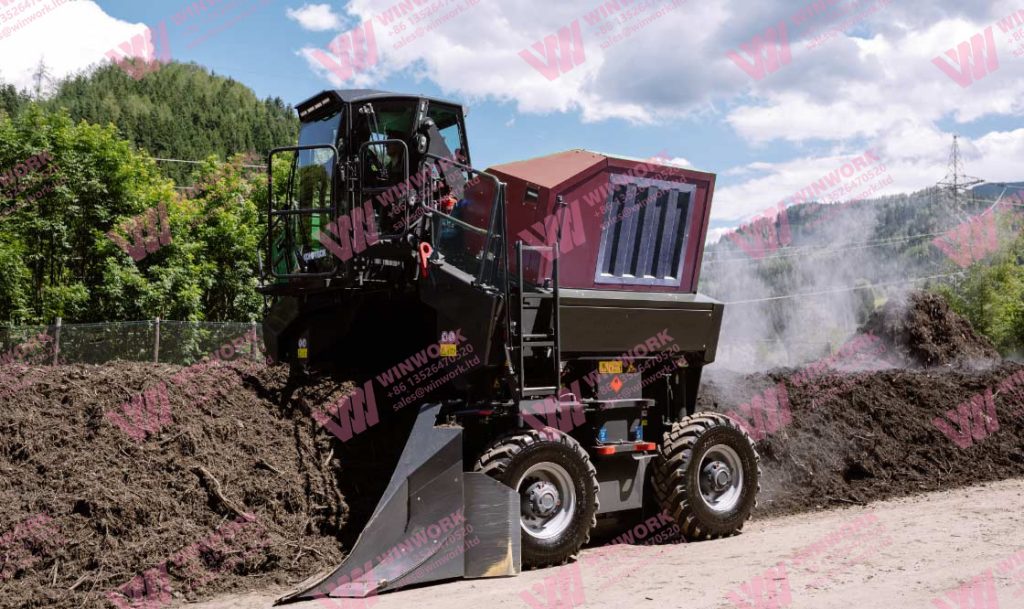
One of the key innovations of the Mushroom Compost Production Line is its flexibility to accommodate different farming needs. Depending on the size and scale of the farm, production lines can be customized to produce compost in varying quantities. Small-scale farms can benefit from compact production units, while larger farms and industrial-scale composting operations can utilize larger machinery for mass production.
Additionally, production lines can be tailored to incorporate specific organic waste materials available on the farm, allowing farmers to produce compost that meets the unique nutrient requirements of their soil and crops. This level of customization enables organic farms to maximize their resources and produce compost efficiently, further enhancing their productivity and sustainability.
The Future of Organic Agriculture with Mushroom Compost
As organic agriculture continues to expand globally, the role of efficient compost production cannot be understated. The Mushroom Compost Production Line represents a significant advancement in the organic farming sector, providing a scalable and sustainable solution for soil fertility management. By adopting these advanced production lines, farmers can reduce their reliance on external inputs, promote environmental sustainability, and improve their crop yields.
With the rise in consumer demand for organic products and eco-friendly farming practices, mushroom compost production is set to play an increasingly important role in the future of agriculture. The technologies behind the Mushroom Compost Production Line are poised to revolutionize how organic farmers manage their soil and crop health, driving long-term growth in the sector.
Conclusion
The Mushroom Compost Production Line is transforming organic agriculture by offering farmers a sustainable, efficient, and scalable solution for producing high-quality compost. From recycling organic waste to enhancing soil health and reducing carbon emissions, the benefits of mushroom compost are clear. As more organic farms embrace this technology, the future of sustainable agriculture looks brighter than ever.


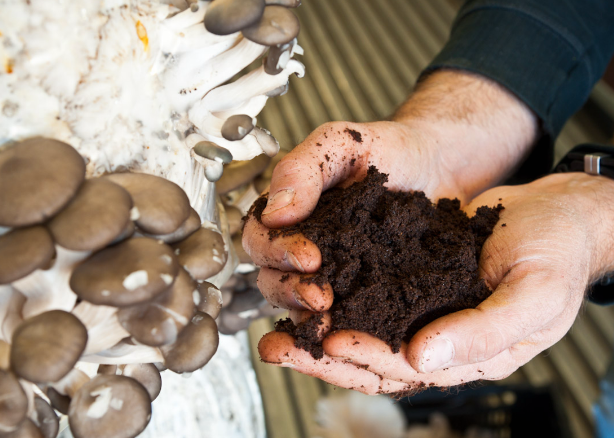
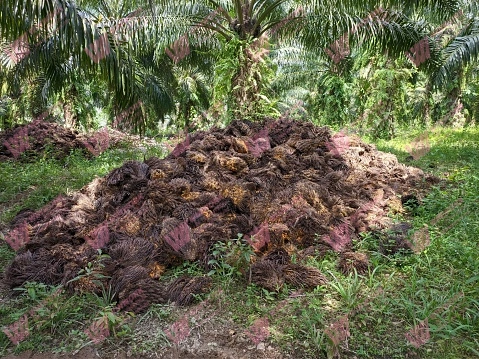

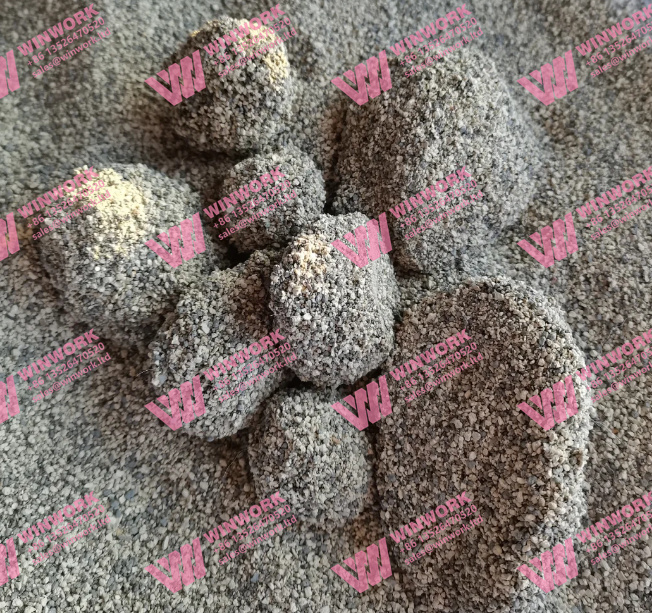
Get A Quote